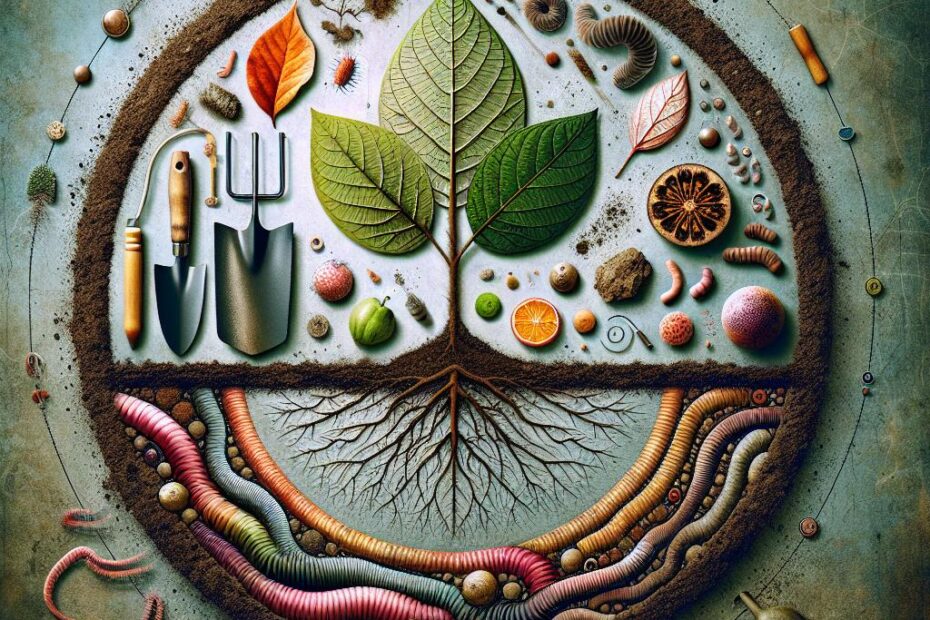Are Dead Leaves Good for Soil?
As fall approaches, trees shed their leaves, creating a beautiful canopy of colors. While many may see dead leaves as a nuisance to be raked and disposed of, they can actually be incredibly beneficial for your garden soil. In this article, we will explore the many ways in which dead leaves can improve soil health and benefit your plants.
The Benefits of Dead Leaves for Soil
1. Nutrient Recycling
Dead leaves are packed with essential nutrients that trees have absorbed from the soil throughout the growing season. When leaves decompose, these nutrients are released back into the soil, providing a natural fertilizer for your plants.
2. Soil Structure
Dead leaves help improve soil structure by adding organic matter. This organic matter helps to aerate the soil, improve drainage, and create a healthy environment for beneficial microorganisms to thrive.
3. Weed Suppression
A thick layer of dead leaves can help suppress weed growth by blocking sunlight and preventing weed seeds from germinating. This natural mulch also helps retain moisture in the soil, reducing the need for watering.
Practical Tips for Using Dead Leaves in Your Garden
- Rake fallen leaves into a pile and run over them with a lawn mower to shred them into smaller pieces.
- Spread a layer of shredded leaves around trees, shrubs, and garden beds in the fall to provide insulation and protection over winter.
- Add shredded leaves to your compost pile to help balance the carbon-to-nitrogen ratio and speed up the decomposition process.
Case Study: The Benefits of Dead Leaves in Organic Farming
Organic farmers often rely on dead leaves as a source of organic matter to improve soil fertility and structure. By incorporating dead leaves into their farming practices, they are able to reduce the need for synthetic fertilizers and pesticides, leading to healthier soil and more nutritious crops.
Firsthand Experience: How Dead Leaves Transformed My Garden
As a passionate gardener, I have seen firsthand the transformative power of dead leaves in my garden. By incorporating shredded leaves into my soil every fall, I have noticed improved soil structure, increased earthworm activity, and healthier plants overall. I highly recommend utilizing dead leaves in your own garden to see the benefits for yourself.
Conclusion
Dead leaves are not just a seasonal nuisance – they are a valuable resource that can improve soil health, enhance plant growth, and benefit the environment. By incorporating dead leaves into your garden, you can create a sustainable and thriving ecosystem that will benefit both your plants and the planet.
